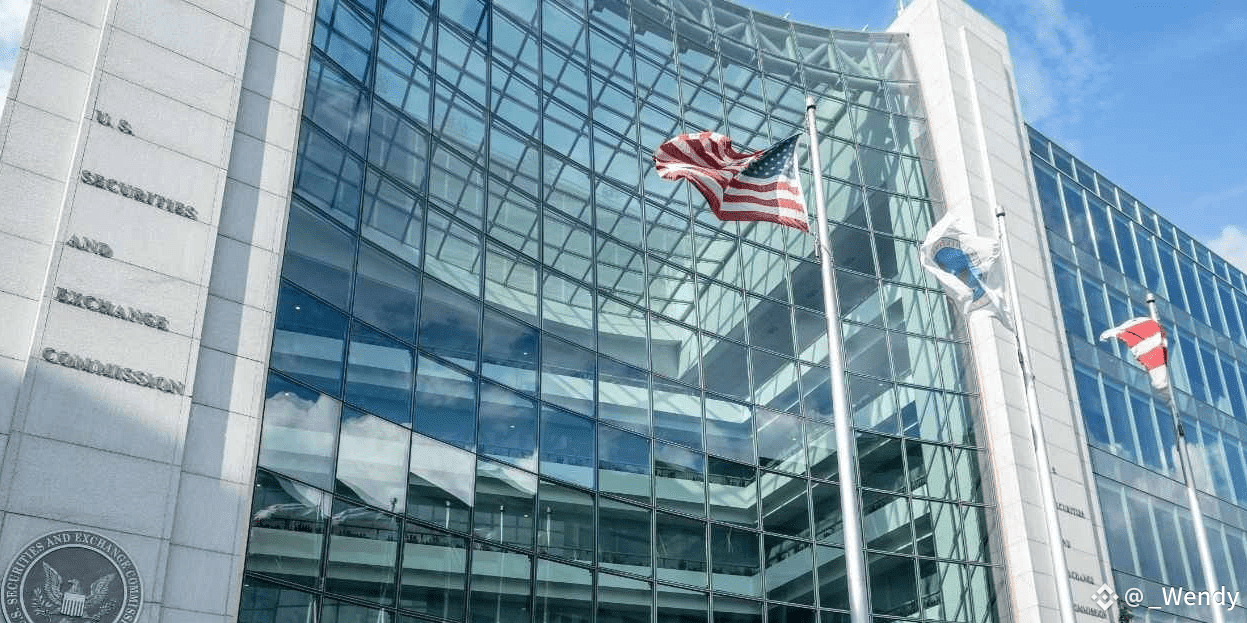The SEC’s bold move to fast-track crypto exchange-traded products ignites a fiery internal clash, signaling a pivotal moment in Wall Street’s digital asset evolution.

SEC’s Fast-Track Crypto Move Sparks Fierce Commissioner Divide Over Standards
Two U.S. Securities and Exchange Commission (SEC) commissioners offered starkly different perspectives on Sept. 17 after the agency approved generic listing standards for commodity-based exchange-traded products (ETPs), including those backed by digital assets. Commissioner Hester Peirce supported the framework as a step toward efficiency and innovation, while Commissioner Caroline Crenshaw warned it could expose investors to unnecessary risk. Their contrasting remarks highlight the broader policy divide within the SEC over how aggressively to integrate crypto-related products into regulated markets.
Peirce emphasized the practical benefits of the changes, stating:
The streamlined listing process will benefit investors, issuers, other market participants, and the Commission by reducing the time and resources required to bring new ETPs to market.
She further noted: “Today’s approval order addresses these concerns by providing alternative rules-based eligibility criteria for the underlying holdings of commodity-based ETPs, including crypto asset-based ETPs.”
Under the new rules, commodities can qualify if they trade on a market that is part of the Intermarket Surveillance Group, underlie a futures contract that has traded for at least six months on a Commodity Futures Trading Commission–regulated exchange, or link to an exchange-traded fund (ETF) allocating no less than 40 percent of its net asset value to the commodity. These standards extend the streamlined process already applied to ETFs, sparing issuers from the lengthy Exchange Act Rule 19b-4 review. Exchanges, however, must still submit filings for products outside these criteria, and the framework leaves room for future expansion through objective quantitative measures.
Crenshaw strongly objected, contending that digital asset ETPs remain too untested to bypass direct Commission oversight. She argued:
The Commission is passing the buck on reviewing these proposals and making the required investor protection findings, in favor of fast tracking these new and arguably unproven products to market.
Acknowledging that simplified procedures may suit established products, she added: “While I acknowledge that streamlined filing procedures may be appropriate for certain investment products, I do not think streamlined filing procedures are appropriate for products as nascent and untested as digital asset ETPs.” She concluded with a reminder of the SEC’s mission: “Our mission, after all, is to protect investors—not to fast-track untested investment products for listing and trading on exchange.” The opposing views frame the central question for regulators: whether faster access to crypto-linked instruments strengthens U.S. markets or undermines investor protections.




